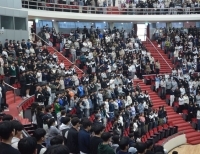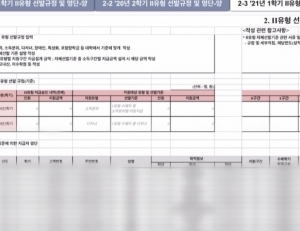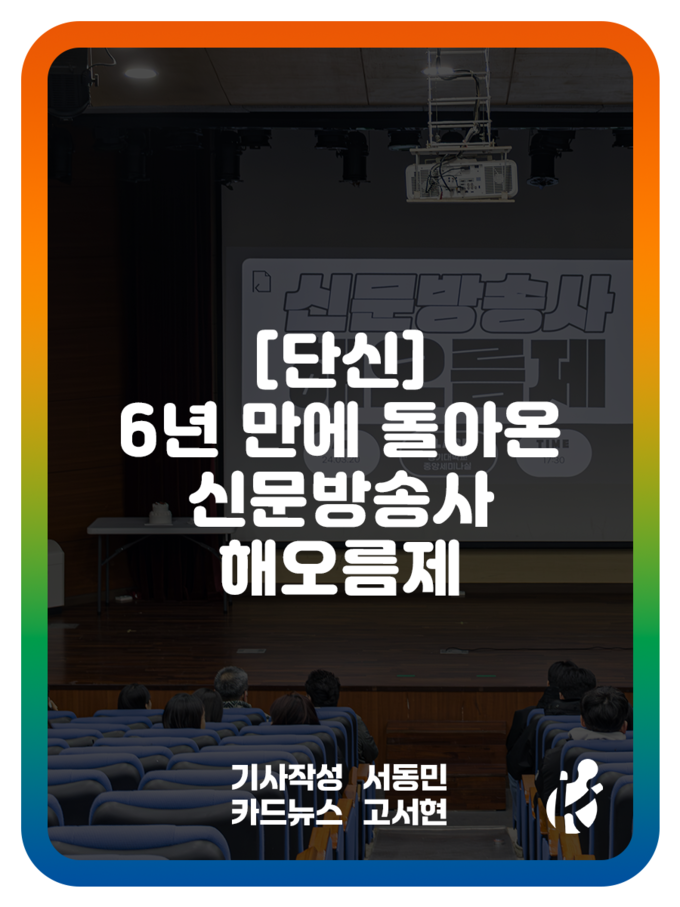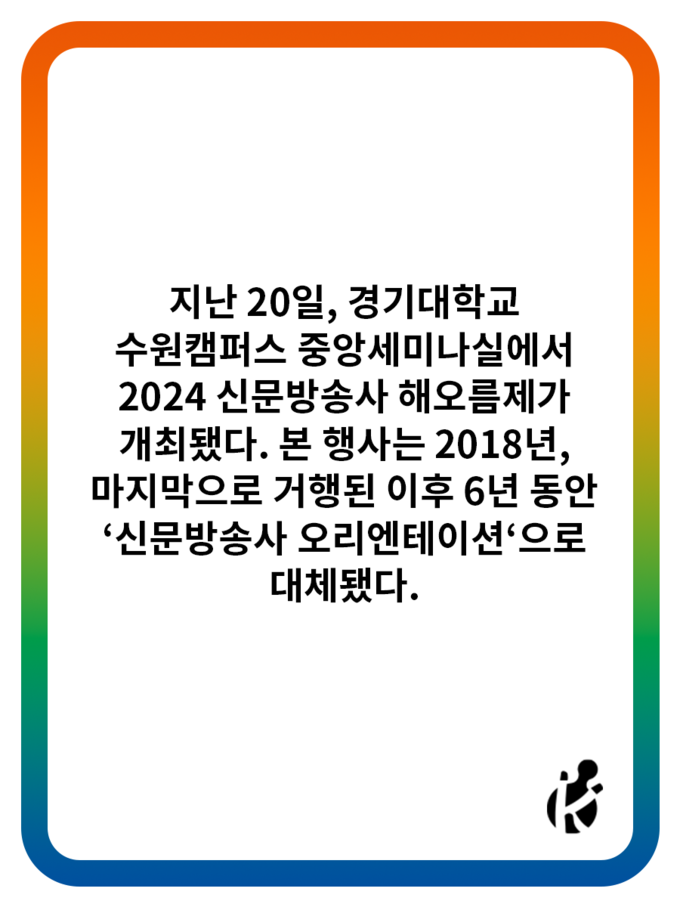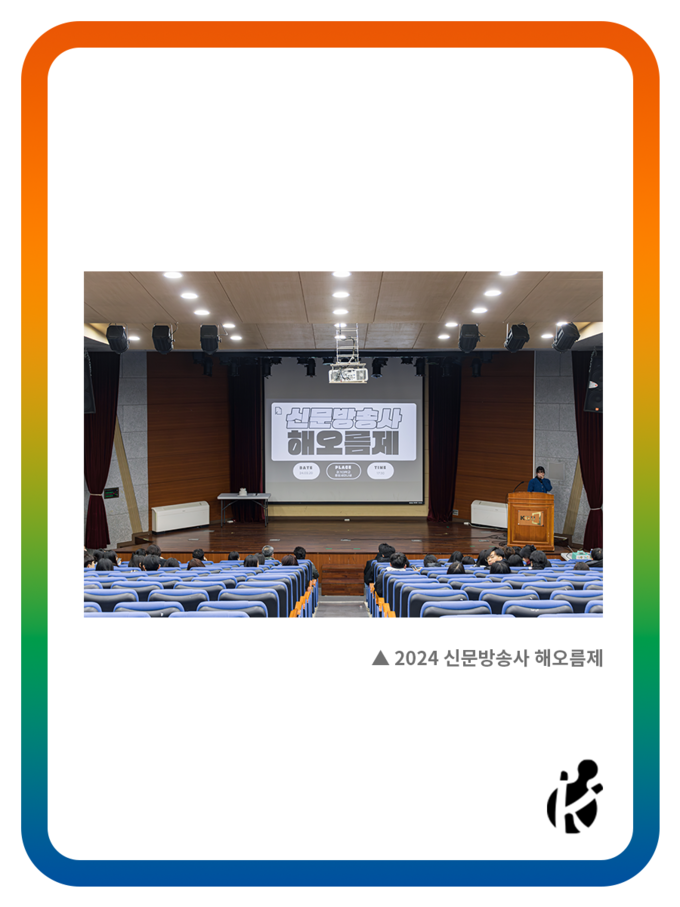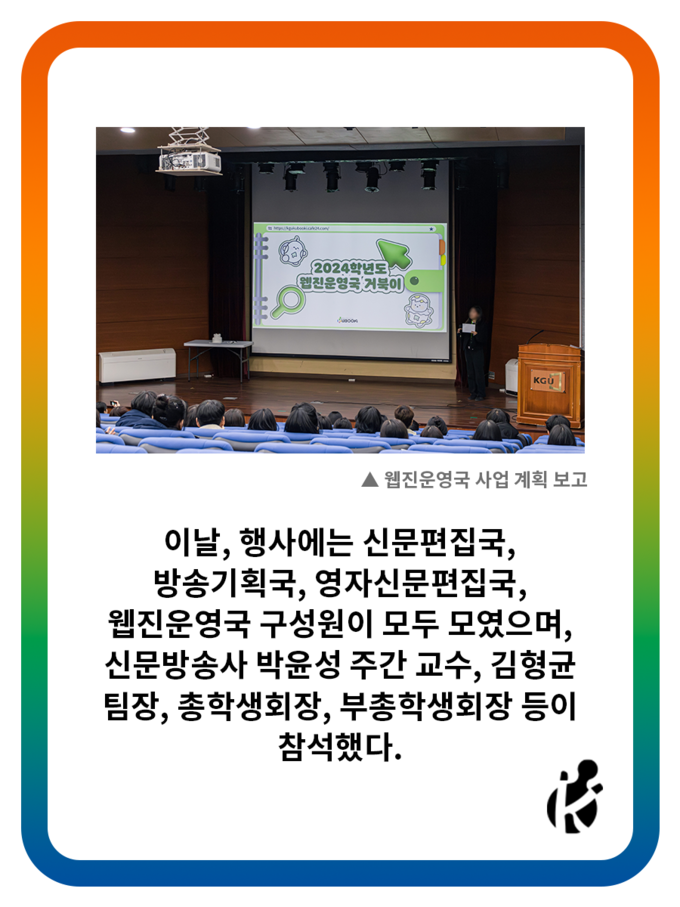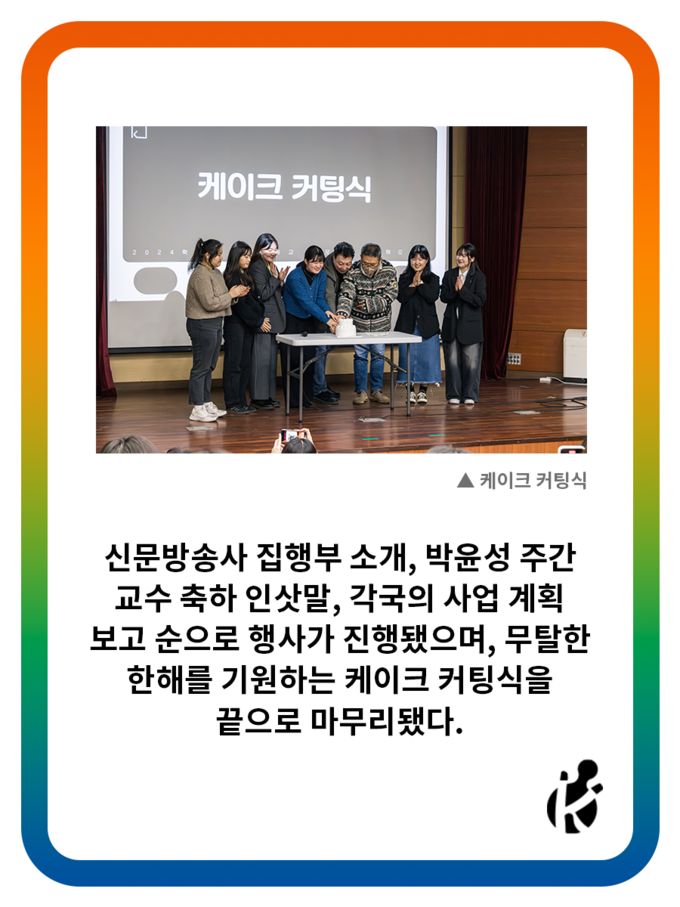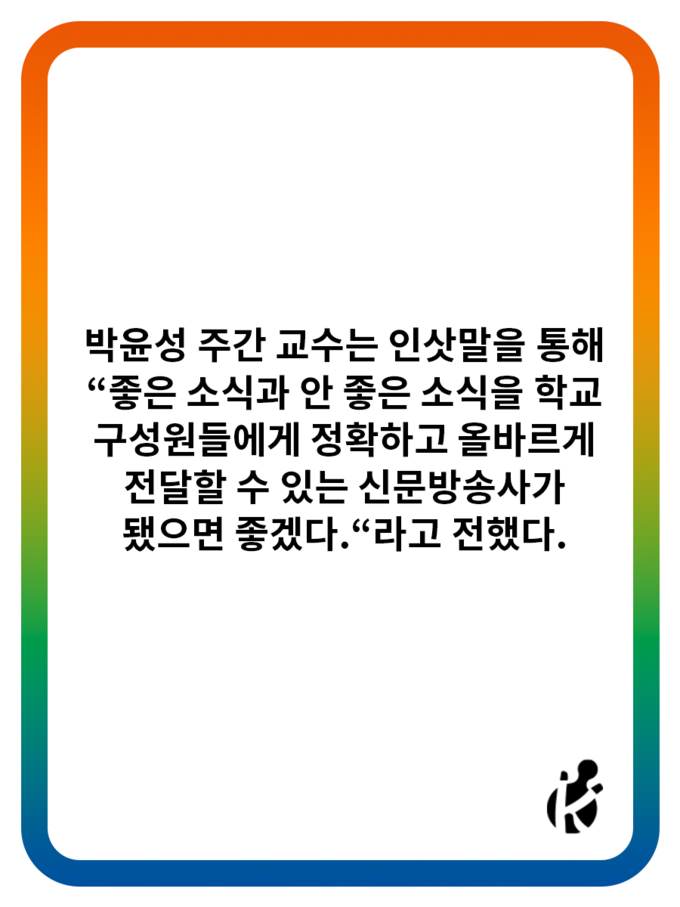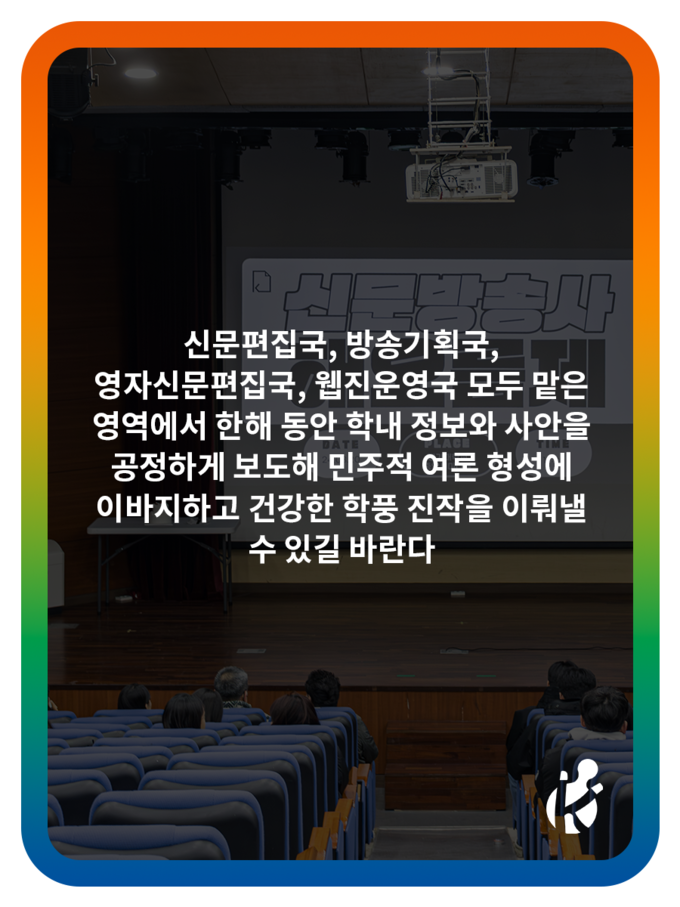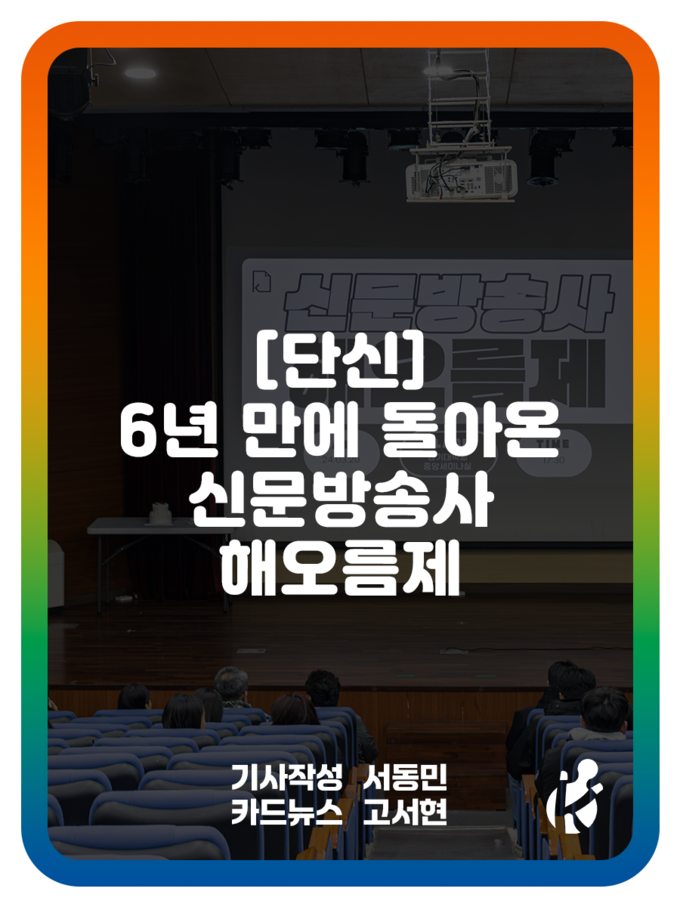Recently, a teacher committed suicide at Seo2 Elementary School in Seoul. This staggering incident has shocked the public. In the process of investigating this incident, it was found that a lot of school parents interfered with the teachers’ ability to teach and meddled in the affairs that happened in class. Also, many teachers have talked about how serious the infringement of teachers’ rights is, making waves in the media. Attesting to this situation, a few months after the Seo2 Elementary School incident, three teachers committed suicide in just one week. Hence, teachers all over South Korea want to see strengthened policies regarding education. How have Korea’s teachers' rights been chipped away?

Ten years ago, we could easily find that grades were lower on dictation tests in elementary school. However, nowadays dictation tests have decreased in elementary school. This is because school parents filed malicious complaints that the slash kids get on dictation tests is emotional abuse to kids. In South Korea, compared to other countries, teachers often experience parent involvement and complaints regarding teachers' teaching methods and classroom styles. In the United States, teachers' personal contact information is not disclosed, and also parents cannot demand it. If they want to complain about something, they can only contact them via school email or phone calls, and attacking teachers with their personal contact may result in criminal punishment. However, in South Korea, it is common for parents to contact teachers through their personal contact information, and there are no restrictions against this practice. This issue is currently receiving a lot of social criticism. Why should teachers have to concentrate on the individual demands of over-involved parents? According to a 2023 survey by the Korean Federation of Teachers Unions (KFTU), 87% of the over 10,000 surveyed teachers had considered resigning or changing jobs in the past year, and nearly 70% expressed dissatisfaction with their teaching careers. Also, according to a survey of the mental health of teachers by the Korean Teachers & Education Workers Union, among 6,024 teachers surveyed, 63.2% showed symptoms of depression, and 38.3% had severe depression symptoms. An important point to pay attention to here is that as the frequency of parent consultations increases, there has been a growing number of cases where teachers appeal to symptoms of depression. The KFTU explained that “Teachers are defenselessly exposed to stress and violence that occurs during the counseling process”. Teachers are faced with the unfortunate reality of their classes being disrupted because of parent consultations. Currently, in South Korea, there are a lot of parents who contact teachers personally and visit the school anytime that they want a consultation. Eliminating this culture that exposes teachers defenseless to complaints would be the first step to the improvement of teachers' rights.
How do other countries guarantee the teachers’ authority? Let’s look at how western countries such as Germany and the United Kingdom, known worldwide as advanced countries when it comes to education, guarantee teachers’ authority. First, in Germany, education functions under the premise that everyone participating in the school is in a horizontal relationship. Every school in Germany has teacher committees to ensure the protection of teachers’ authority, and these committees implement programs that prevent violence and assault on teachers. In addition, the German system completely protects not only teachers’ authority but also students’ right to education. In Germany, students can organize their own city and state student councils and are guaranteed all rights to knowledge about exam regulations and school life. This is the atmosphere in German society that protects teachers and encourages their autonomous classes. Moreover, schools don’t pass the risk of incidents occurring in the classroom on to the individual students or teachers; instead they hold the state, local communities, and schools accountable together. Next, in the case of the United Kingdom, corporal punishment is prohibited by law, but they give disciplinary punishment authority to teachers and principals. This is called the “reasonable punishment guideline”, and it was revised and strengthened in 2013. This is a law that allows disciplinary punishment in case students disrupt classes or the progress of school events. In addition, according to a “Teachers Authority Protection System Policy” research report last November, the UK system guaranteed the right of punishment for principals and teachers in order to protect the teachers’ authority. As shown above, foreign countries guarantee the right of students to be educated and the right of teachers to continue classes in the classroom normally without any disturbance. However, in Korea, the means to control students have disappeared because of the enactment of the student human rights ordinance 10 years ago that made it impossible to impose any punishment. Therefore, proper punishment is impossible even if a student harasses a teacher to the point that they can’t teach in class.
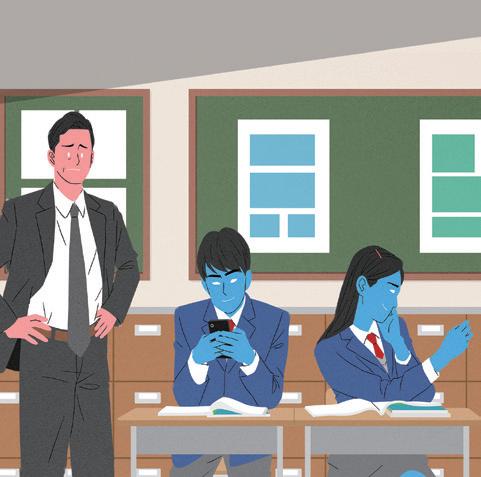
What are the reactions of government ministries like the Office of Education regarding the invasion of teachers’ authority and what solutions have they suggested? Hong Guk Pyo, a member of the Seoul city council pointed out the problems of the measures to prevent invasion of teachers’ authority at the Seoul Office of Education. He pointed out “Although the invasion of teachers’ authority is a very serious situation now, most of the policies of the Office of Education are based on responding to the situation after the invasion of teachers’ authority occurred, not preventing it in advance.” In addition, he talked about the ‘Basic plan for protection of educational activities’ which is implemented annually in the Office of Education, and the result also consists of post-incident solutions for legal expenses, medical expenses support and counseling support and it neglects to protect teachers’ authority. In other words, most of the support that can protect teachers’ authority in Korea has been developed based on reactive management rather than prevention. Therefore, it is urgent to arrange a strong alternative that can fundamentally prevent the violation of teachers’ authority. Due to the Seoul elementary school incident, teachers across the country held a remembrance rally to urge the government to prepare measures to recover teachers’ authority. As a result, the opposite parties rushed to promise legislation to recover teachers’ authority. Also, the legislation being discussed in the national assembly is coming up with “Four laws about recovering teachers’ authority” (교권회복 4법), which include not to see teachers’ reasonable life guidance as child abuse and for the principals to take responsibility for dealing with complaints. As such, Korean politicians are working toward preparing measures to guarantee teachers’ authority.
In Korea, schools are essential educational institutions that everyone goes through. Students learn a lot at school before entering society. In this situation, it is very important to develop a culture that respects teachers who are a guide for students. Also, the culture that respects teachers leads to the protection of students’ right to learn right away. If the teacher’s authority in the classroom begins to decline, it is going to be difficult for classes to function normally, so the harm falls entirely on the students. In order for public education to work normally, we need to focus on the voices of teachers working in schools. Korea should find a method to recover the teachers’ authority as soon as possible and implement it nationwide.
78th Reporter • LEE HYEON SEO • zzhs00@naver.com
79th Reporter • CHO SEO YUN • jeoyum@gmail.com
- TAG
-
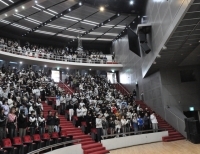 What Happened in KGU? : 수원캠퍼스 학생총회 편
On April 4th, a general meeting of students was held in the Tele-convention center at the Suwon campus. The contents were the same as the general meeting of students in the Seoul campus: the first part was for agenda announcement, the second part was about the Membership Training for whole university, and the third part was simple Q&A time. In the first part, the agendas were all the same as the ones for the Seoul campus, and the result of the ...
What Happened in KGU? : 수원캠퍼스 학생총회 편
On April 4th, a general meeting of students was held in the Tele-convention center at the Suwon campus. The contents were the same as the general meeting of students in the Seoul campus: the first part was for agenda announcement, the second part was about the Membership Training for whole university, and the third part was simple Q&A time. In the first part, the agendas were all the same as the ones for the Seoul campus, and the result of the ...

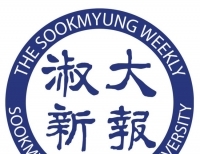 [타 대학보 축사] 경기대신문의 1100호를 진심으로 축하드립니다
[타 대학보 축사] 경기대신문의 1100호를 진심으로 축하드립니다
 [와이파이] 큰 박스에 달랑 물건 하나, 과대포장 규제 정책 시행은 언제쯤
[와이파이] 큰 박스에 달랑 물건 하나, 과대포장 규제 정책 시행은 언제쯤
 [문화산책] 이 세계는 멋져 보이지만 모두 환상이야
[문화산책] 이 세계는 멋져 보이지만 모두 환상이야
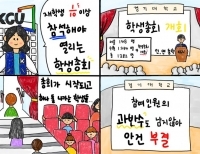 [네컷만화] 학생총회
[네컷만화] 학생총회

 목록
목록







